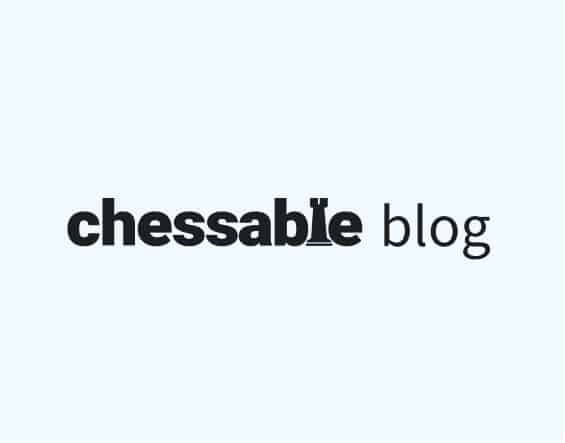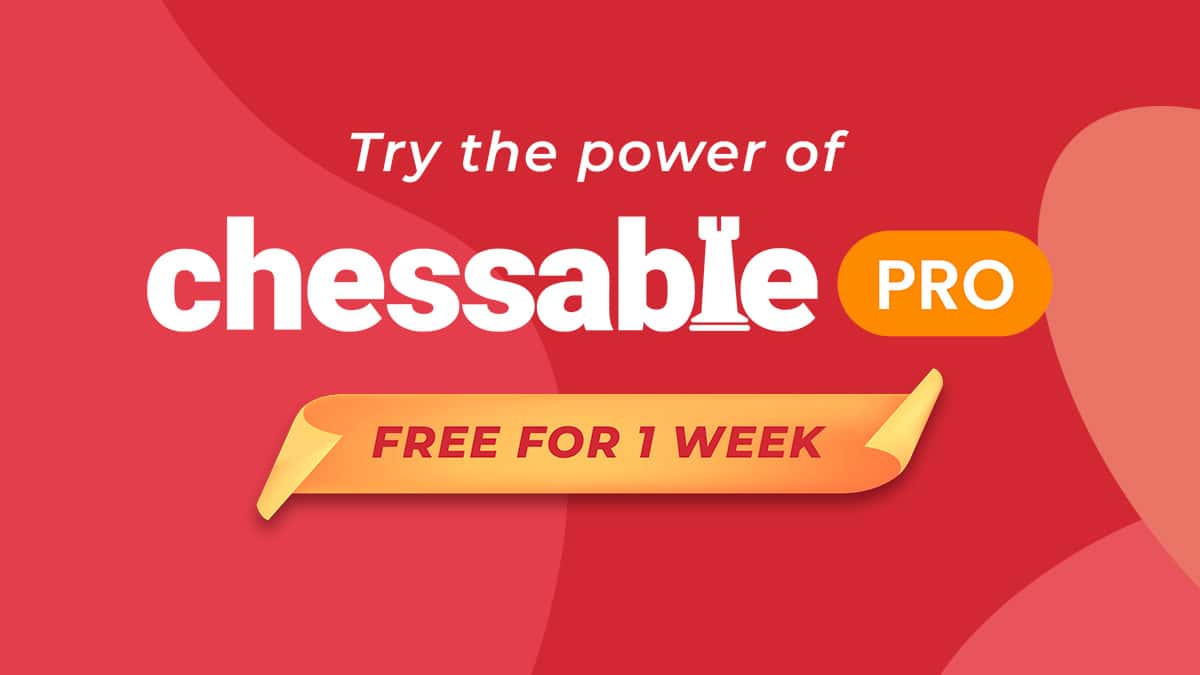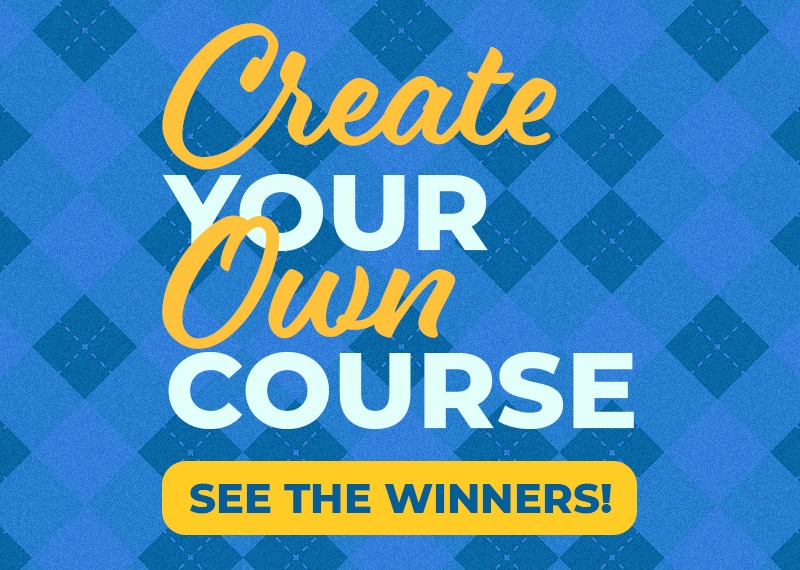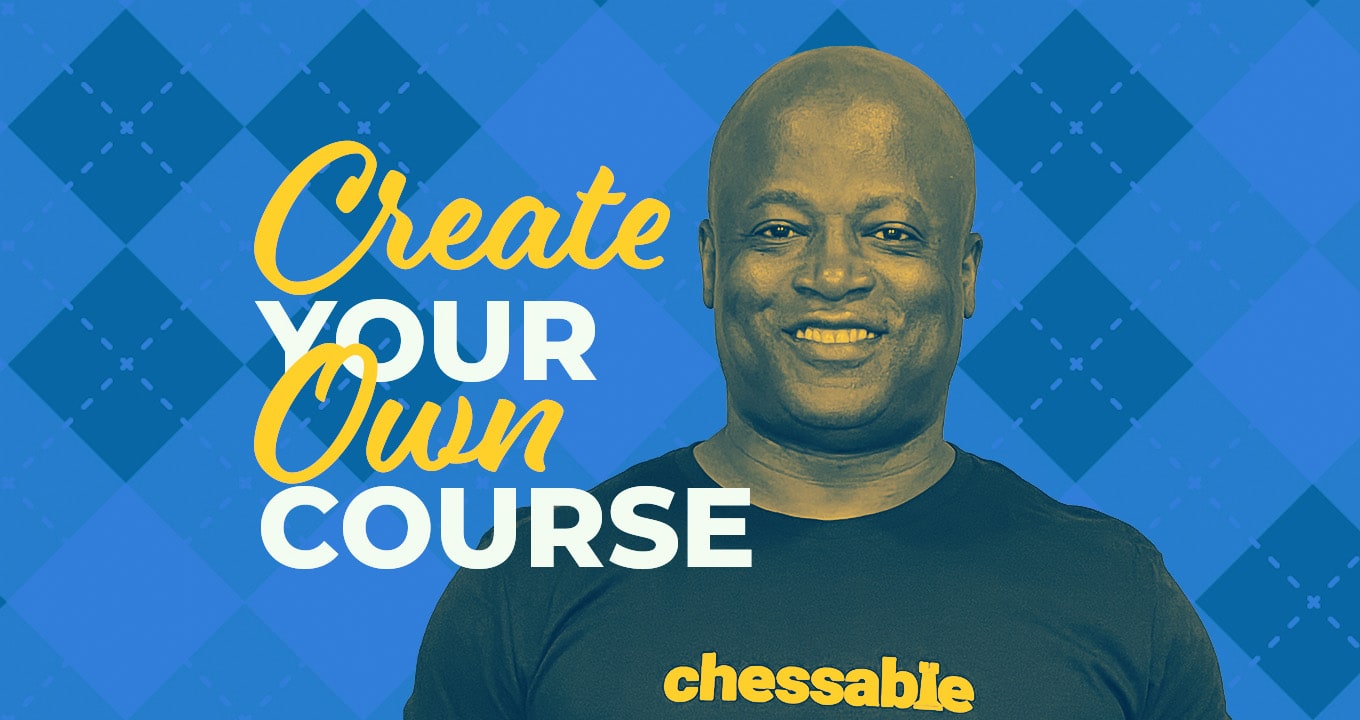
Yesterday was the deadline day for the submission of my dissertation. For the last twelve months, I have been studying for a Master’s degree in the Psychology of Education at the University of Bristol. Together with John, I’ve also been working on our bootstrap startup, Chessable.
I considered the split of my time to be full-time degree, part-time startup. It eventually turned out to be more like full-time degree, full-time startup and time scraps for everything else. This arrangement wasn’t ideal, and despite my personal dislike of multi-tasking, this particular time, the juggling paid off. After all, science suggests that multi-tasking kills productivity and leads to worsened performance. Multi-tasking is an illusion. Our brains were not made for it.
While I am happy that the multi-tasking worked out, I am also ecstatic that I can finally focus on Chessable with no distractions. After all, I’ve built an idea bank so large that perhaps we should finally start building some of them! If you are interested in making the most out of your multi-tasking efforts or find out a bit more about the Chessable story, read on to see how I made this all work. It worked out so well, in ways I couldn’t even begin to imagine when I began this journey a year ago.
The Bootstrap Startup: Chessable
Failure rates for new startups are reported to be between 50% and 90%. Getting a new startup off the ground is not easy. With such a high chance of failure, why would anyone in their right mind choose to multi-task such a venture? That’s a valid question. Perhaps if I sat down and rationally thought about how hard it was going to be beforehand, I would not have made that choice. Working Christmas break, working holidays and working weekends. Doing this while maintaining some work-life balance isn’t as much fun as it is made out to be in the movies about entrepreneurs. So why did I do it?
Chessable was first made as a tool for personal use only. However, after friends asked about it and used it, I realised that it had potential above and beyond what I used it for. When this realisation happened, I was already involved in a one-year full-time Master’s. I had already quit prestigious UCL in 2008 when my previous startup’s growth rocketed, I wasn’t ready to do so again.
Of course, my entrepreneurial drive was not to be ignored. It could not simply be put on hold for a whole year while I finished the degree. After all, I had recently had a long break where I tested out a couple of product ideas and recovered my energy. I had enough rest. Chessable definitely couldn’t wait. I had to find a way to make the most out of both the Master’s degree and startup life, at the same time.
Next, I improved the tool to make it slightly more presentable and started seeking a co-founder. I knew from experience that to bootstrap a startup on your own, while achievable, would be tough, even more so while studying. A co-founder was mandatory, and International Chess Master John Bartholomew jumped on board.
When John joined, the tool was already working. It was already validated to an extent as I impressively demonstrated a 20 move chess “Sicilian Najdorf” sequence to him. However, after a few calls and a productive meeting in person, we realised that with a few changes we could not only have an amazing tool on our hands, but change chess learning for the better! All the extra work would be worth it. Chessable was incorporated, and we officially became a bootstrap startup.
The Degree: MSc Psychology of Education (BPS)
Psychology of Education is the perfect degree for me. I’ve always had a passion for discovery, learning and teaching. I think we all do, but some of us may lose it due to unfortunate encounters with bad teachers. I know I had my share of them. Philosophically, I believe all human beings, with the right support around them, are all capable of achieving more than we can dream of. I am always thinking of the likes of Elon Musk and his goal to die on Mars, and not upon landing! I refuse to listen to nay-sayers who believe certain stumbling blocks or disadvantages are insurmountable. Perhaps some may prove to be. However, as a humanistic psychologist, I focus on the stumbling blocks that can be overcome.
Because of this philosophy, I harbour a dislike for theories that prove why something can’t be done. I don’t waste time on theories that explain why someone had no choice but to fail. It’s in the genes some would say, okay, but what are you going to do about it now? How are you going to help the person asking for your help today? If you tell this person they lack an essential gene, he or she won’t be around in 1,000 years when surgically modifying the epigenome is possible. Their life is happening now. So let’s find a way to help them as soon as possible.
In this manner, I have already found ways of helping a few people achieve things they never thought could be possible for them. I am also extremely happy to hear from Chessable users, who through their dedication, have used the tools we’ve built to achieve their dreams. Some of our users even push the limits of what can currently be done with our tools to invent new ways of applying them to their learning. Shortly, we will work to make sure these new ways of using our system are fully optimised.
While these beliefs and passion for learning have always been with me, by completing the Master’s degree, I built an in-depth understanding of these topics. I was able to tailor most of my reading and writing degree requirements exactly to my interests. Most of my readings had to do with expertise, expert performance, learning, chess, motivation and related topics. Such relevance to my professional goals and Chessable’s mission made it easy to find the drive and time to complete coursework.
How Chessable and The Degree Blended
It is already apparent that I always found a way to combine both things, but how exactly? I will give a few examples. For instance, what I was doing with Chessable, informed my direction of study at multiple points. For my essays in Cognition and Neuroscience, I researched the science of pattern-recognition and enquired into how experts differ from novices in Chess. More importantly, my dissertation was titled “Can implicit theories of intelligence and chess, together with deliberate practice, improve our understanding of expertise and expert performance?” Because of this, my research even took place at a chess tournament. In this and many other ways, Chessable and startup life were always at the heart of what I did during my studies.
On the other hand, the Master’s degree has been and will continue to be at the heart of what we do at Chessable. All my other readings in Psychology, Education, and Neuroscience complemented the work I do at Chessable. All my readings, not only the relevant ones, were done while keeping Chessable and our mission in mind. By approaching the degree in such a manner, a constant stream of ideas on how to apply science in novel ways emerged. I’ve got a long list of notes about interesting, well-evidenced theories that could benefit learners, not only in chess but other areas of education as well.
My background in technology and computer science allows me to see how science, learning, games, and technology can blend in new and innovative ways. This is incredibly exciting going forward, as we build new features that may prove groundbreaking. Of course, other tangible benefits include ideas for blog posts, as well as a solid understanding of the relevant science that is out there. For instance, a team of researchers recently presented chess in an extremely harsh way, with insufficient evidence, and without peer-review. Their study got a lot of attention from the press and I felt was harmful to the game. Before the Master’s degree I’d probably respect the authors view on the data, but today I am happy to read it and review their work for accuracy. I was able to stand up for chess and present the report for what it really was, actually, a very positive finding.
What About The Downsides?
Of course, there were the downsides. I already spoke about the countless hours put in and missed holidays, but that was minor. A supporting and understanding life partner, a family and good friends are all essential for making it work. However, bootstrapping the startup in such a way means there were other constraints and downsides.
John and I purposefully limited marketing because we simply could not keep up with the work to be done while multi-tasking. A startup should be grown when you’ve optimised your key performance indicators and maximised the value for both the company and the users. When a user tries your product once, and decides they don’t like it, it is much harder to get them to give it a second go. Because of this, you have to be ready before heavily marketing your product. We are almost there now.
Usually to achieve this readiness sooner, after the first month of product validation you would immediately seek a round of investment. While we’ve been building up for that for the last few months, perhaps without the multi-tasking, it could have been achieved faster. By the way, did I mention that raising investment is often considered a full-time job on its own?
The result of our controlled growth and multi-tasking may be some frustrated users, whose thirst for new content and features has not yet been quenched. Admitting that you have customers waiting to spend money and being unable to, is not a good thing. This is when an opportunity for a competitor presents itself. Fortunately, even at a slow, two-man part-time pace, we’ve remained at the forefront of our market and ahead of any competitors. Now that I am working full time on Chessable, we are confident of making up for any time lost.
So What’s Next?
This controlled growth has also had an upside, as we are now sure our idea has been thoroughly validated, with solid revenue and numbers. Such validation justifies a further investment of time and money. Of course, while I’ve talked about slow growth, I don’t want to understate our achievements, as many startups can’t even get to 100 users, let alone over 9,000. If we achieved this with the brake pressed down, I am more than excited for the possibilities coming up.
This month, we are taking the brakes off. We’ve already begun assembling an all-star team, and Chessable, chess learning and maybe even education in general will greatly benefit. With the publishing of this blog post, I am also happy to announce we will soon be raising our first round of investment via crowdfunding. This is the result of months of preparation, writing business plans, completing governmental admin, refining forecasts, and attending meetings. Because of our ground work, we already have up to £12,250 committed before even launching our campaign. Time to make chess learning even easier. Stay tuned!
PS.- As a small token of our gratitude, every single Chessable member before #10,000 will get a very nice and cool “Early Adopter” badge. There is still time to get one. Make sure you get yours. Sign up today.





